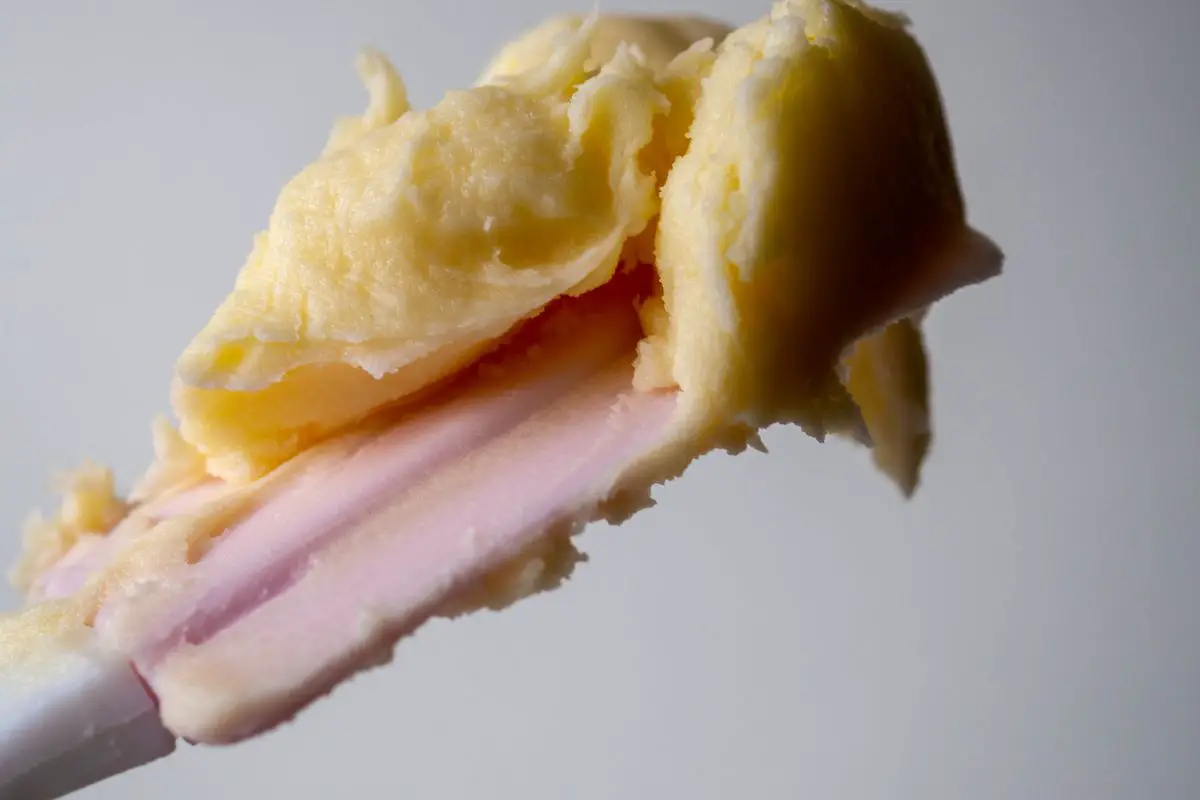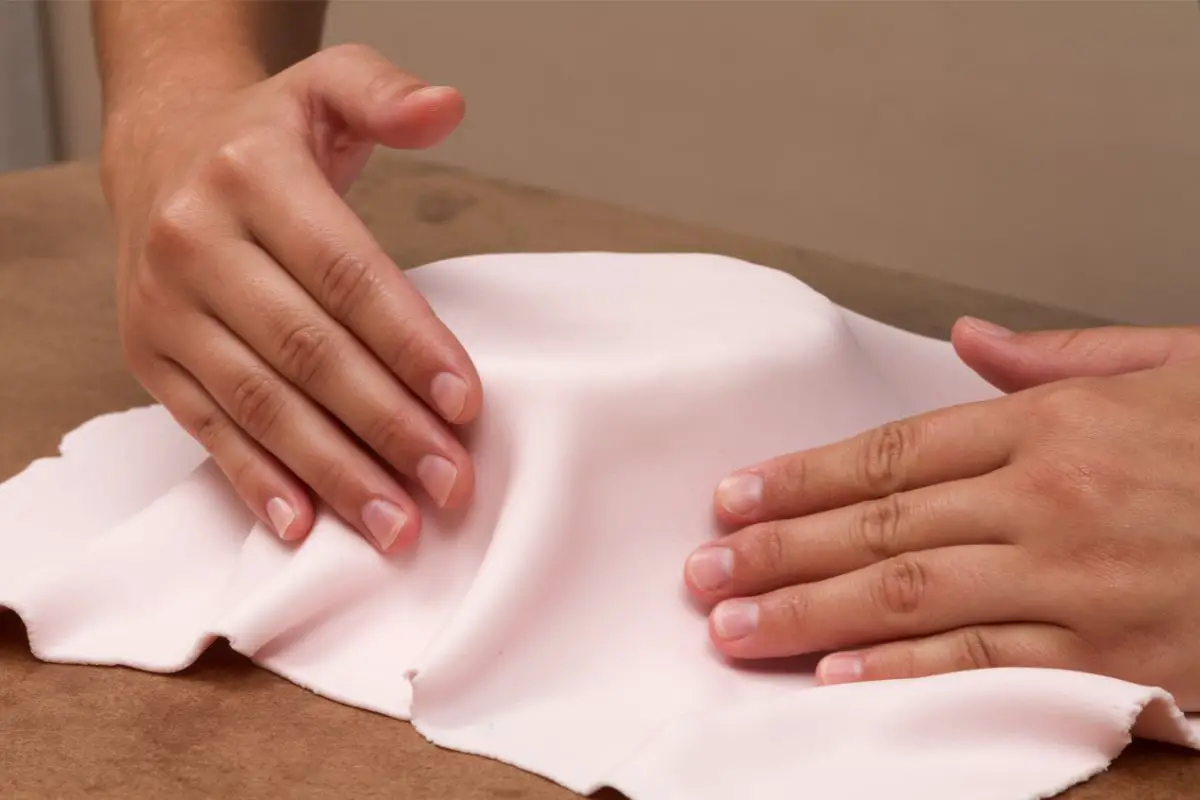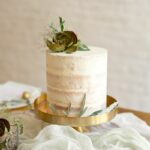As many of you might know, choosing the right wedding cake can be a tough decision.

Even with the traditions and expectations aside, it can be difficult to make the right choice when it comes to the ingredients to use for the special day, and which will go down the best with friends, family, and guests.
There are many ways to coat and decorate a cake, ranging from fondant to buttercream. But which method is the best, and what attributes do each have to bring to the table?
What Are Fondant & Buttercream?
As you probably know already, fondant and buttercream are notable baking ingredients, frequently used in cake decorating.
While each may be similar in theory, they have distinctly different characteristics – not to mention different attributes that make them suited to certain situations better than others.
Fondant
Fondant is a combination of sugar and water, combined together and left to cool to create a moldable, versatile covering for cakes and baked goods.
These are some of the most common forms of cake decoration materials, and are most common in store bought cakes.
Buttercream
Buttercream is a sweeter, fresher, creamier topping used on cakes that aren’t designed to last as long – such as fresh daily cakes in bakeries, and other such items that are meant to be consumed within a couple of days.
While tastier by and large, they do not have the same level of versatility as fondant, and buttercream seldom leaves as smooth a finish on the cake once spread on.
What Are The Benefits Of Fondant?
When it comes to fondant, there are many benefits that make it suitable for wedding cake decoration.
Firmness
Firstly, the physical nature of fondant makes it much firmer, and thus sturdier as a construction material during cake making.
This is of course a good thing as far as wedding cakes go, where there is often the need to transport the cakes from the bakery to the venue itself.
Longevity
One of the main benefits of fondant is how long it can last. This is because, generally speaking, the ingredients only consist of sugar and water – neither of which are perishable.
This means that cakes coated in fondant can last longer against natural decay – something that is obviously well suited to wedding cakes, where there might be a little time between the cake being made and the special day itself.
Versatility
Fondant is also pretty versatile, allowing you to incorporate all kinds of food colorings into the mixture. You can also mold it into more shapes and styles – as well as cutting out sections that can then be used on the top of the cake.
Are There Any Downsides To Fondant?
There are of course a couple of downsides when it comes to using fondant for cake making.
The Taste
When it comes to the taste, there are a couple of issues with fondant – issues that can present themselves at either end of the scale.
Firstly, fondant can be too sickly for some people, due to the high sugar content of the concoction.
Conversely, fondant also has the potential to be bland and tasteless – especially when it has been left for a while.
Dryness
Another thing is that fondant can often taste dry and unappealing – especially when it has been left for a few days uncovered.
The firmness and long lasting nature of fondant make it good for cake making, especially those designed to be kept for longer periods, but the one thing that suffers in the name of preservation is the overall taste and consistency.

What Are The Benefits Of Buttercream?
Buttercream also has its fair share of benefits when it comes to cake making, which is why it is such a popular choice for many different dishes and occasions.
The Taste
One of the main benefits of buttercream is that it tastes much nicer than fondant – often with a much fresher, richer flavor that makes it a joy to eat.
This is because the ingredients of buttercream are notably fresher – such as butter, and sugar.
The Appearance
Generally speaking, buttercream also usually looks much nicer and more appetizing than fondant – and while not as smooth as fondant, the finished product looks far more natural, delectable, and appealing.
The Texture
Another benefit is the texture of buttercream, which is softer, smoother, and much more creamy. This helps to keep a cake moister for longer, which can be a blessing when dealing with events like weddings and parties.
Are There Any Downsides?
Despite the many benefits, buttercream does unfortunately have its downsides too.
Short Lifespan
Firstly, buttercream tends to have a shorter lifespan than fondant, which with regards to wedding cakes means that they need to be made within a day or so of the event to make sure they remain fresh and appealing for the big day.
Less Firm
They are also less firm than fondant, meaning that the structural integrity of the wedding cake will be relying more on the cake itself without any help from the outer covering.
For wedding cakes that need to be transported, this could spell disaster.
Which Cake Topping Is Better?
This is obviously a subjective question, and one that is reliant on a number of different factors specific to the wedding in question.
The different factors at play can include anything from logistics, the time between the cake being made and the service itself, and even how long you would like to make the cake last.
If you can guarantee the cake will be done in time for the wedding, then opt for buttercream, as this will ensure that the taste is better, the cake remains moist for longer, and the overall look will be better.
However, if you cannot guarantee the cake will be ready on short notice, or you intend for the cake to last longer than the ceremony and the reception itself, then you might want to opt for fondant as a safer option.
Which Cake Topping Is More Traditional?
While traditions are not as important in modern matrimony, there are some who like to do things by the book.
With regards to wedding cakes, the more traditional method – at least for the 20th century – is to use fondant, typically over a fruitcake, which will help preserve the cake for much longer, and allow people to take a piece home to eat at their leisure.
Are There Other Toppings Available?
As mentioned above, tradition holds less weight than it used to, so there are numerous other toppings you could choose from, including:
- chocolate
- Ganache
- Fresh fruit
Final Thoughts
And there we have it, everything you need to know about wedding cakes, and the best ingredients to use for your wedding day.
It’s true that in modern times, wedding cakes can be made in any original way that the couple wants, and there aren’t really as many traditional obstacles as there used to be.
However, some ingredients are still better than others, and continue to be popular choices to this day.
- How To Make Honey Butter - July 4, 2023
- How To Make Meringue - July 3, 2023
- What Is Shortening? - July 3, 2023









Leave a comment